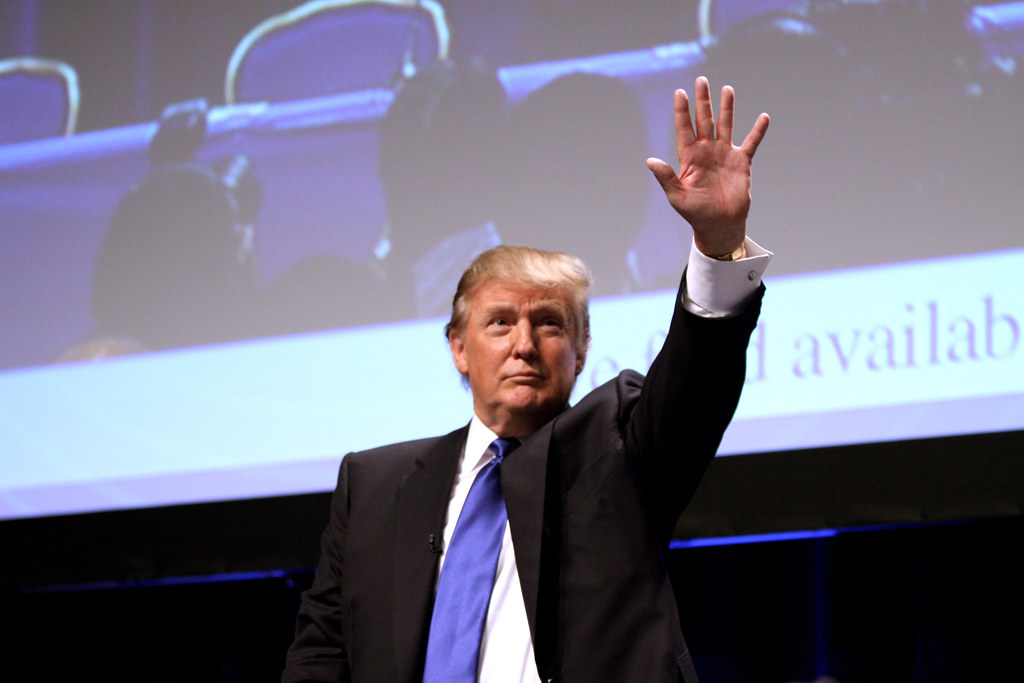Key Takeaways:
- Many Saudis view Donald Trump as a leader focused on mutual interests over lectures on values.
- Trump’s straightforward approach and avoidance of human rights criticism appeal to Saudis.
- Shared distaste for progressive ideas strengthens Trump’s popularity in Saudi Arabia.
- Not everyone supports this rapport, citing concerns over human rights and authoritarianism.
Summary: In Saudi Arabia, Donald Trump is admired for prioritizing interests and avoiding lectures on human rights, which resonates with many who prefer a no-nonsense, business-oriented leader. However, critics argue this relationship overlooks significant issues.
Why Saudis Like Trump
1. The Deal-Maker
- Trump’s reputation as a shrewd businessman aligns with Saudi Arabia’s economic goals. His administration’s focus on arms deals and economic partnerships strengthened Saudi-US ties, seen as beneficial for both nations’ interests. Specific policies, like massive arms deals, highlighted his pragmatic approach, appealing toSaudi leaders aiming to modernize their military and economy.
2. No Lectures
- Unlike predecessors, Trump avoided public criticism of Saudi Arabia’s human rights record, including the controversial murder of Jamal Khashoggi. This hands-off approach was seen as respectful of Saudi sovereignty, contrasting with previous administrations that emphasized human rights diplomacy.
3. Shared Views on Progressivism
- Saudis often oppose progressive Western ideas, such as gender equality and LGBTQ+ rights, due to cultural and religious reasons. Trump’s vocal opposition to political correctness resonated with Saudi conservatives, creating a sense of alignment on cultural values.
4. Strong Leader Image
- Trump’s assertive style, from withdrawing from the Iran nuclear deal to relocating the US embassy to Jerusalem, was seen as decisive. Saudis perceived this strength as a refreshing change from more cautious leaders, aligning with their preference for assertive leadership, especially regarding Iran.
Not Everyone’s a Fan
Critics argue that admiration for Trump overlooks authoritarianism and human rights abuses in Saudi Arabia. They view the relationship as complicit in ignoring crucial issues for economic gain, undermining efforts to uphold global human rights standards.
Counterarguments
1. Human Rights Concerns
- Critics highlight Saudi Arabia’s poor human rights record, including crackdowns on dissenters. Supporters of human rights argue that Trump’s tacit approval emboldens authoritarian practices, setting a dangerous precedent for international relations.
2. Progressive Values
- Progressives see Trump’s approach as a retreat from promoting democracy and human rights. They argue that this stance undermines efforts to encourage reforms in Saudi Arabia, essential for long-term stability and global justice.
3. International Relations
- Some analysts worry that Trump’s close ties with Saudi Arabia alienate other key allies. The move to exit the Iran deal, for instance, strained relations with European allies, raising concerns about unilateral decision-making in foreign policy.
What’s Next?
As Joe Biden’s administration takes a tougher stance on human rights and re-engages with Iran, Saudi-US relations have cooled. The shift reflects growing debates in Washington about the balance between economic interests and ethical considerations in foreign policy.
In conclusion, while Trump’s popularity in Saudi Arabia stems from his business-focused, no-nonsense approach, the relationship remains contentious. As global dynamics evolve, the future of Saudi-US ties under new leadership will likely face challenges balancing interests with international ethics.
